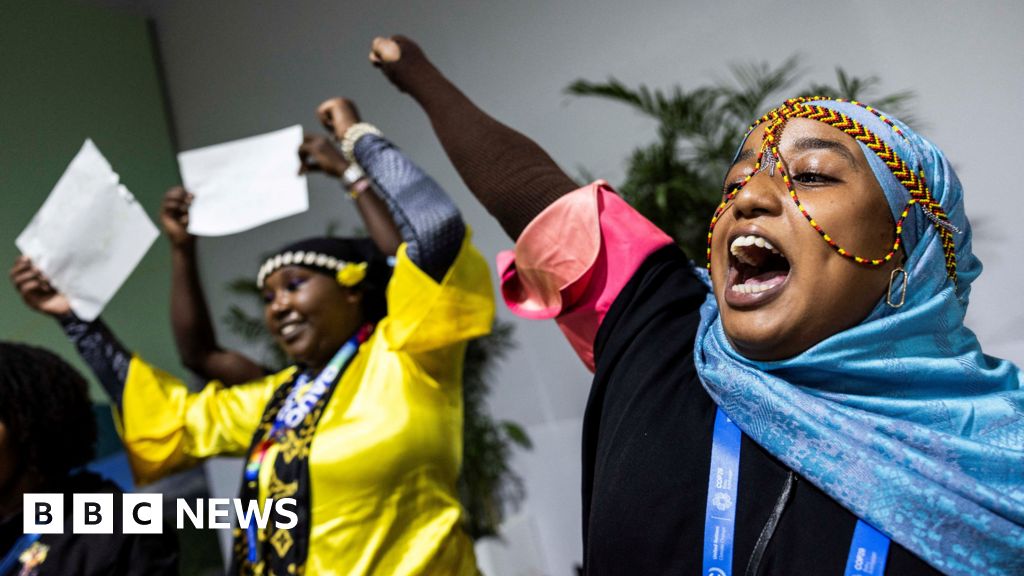Japanese Prime Minister Shigeru Ishiba, after his governing coalition suffered the worst election loss in more than a decade, faces another tough vote in parliament on Monday, though he is likely re-elected
ByMARI YAMAGUCHI Associated Press
November 10, 2024, 10:35 PM
TOKYO -- Japanese Prime Minister Shigeru Ishiba, after his governing coalition suffered the worst election loss in more than a decade, faces another vote in parliament on Monday, though he is likely to be re-elected as leader and remain in power.
Ishiba’s ruling Liberal Democratic Party and its junior partner Komeito together lost their majority in the 465-seat Lower House, the more powerful of Japan’s two-house parliament, in the Oct. 27 election due to continued voter outrage over financial misconduct by his party and its lukewarm response.
A special parliamentary session convenes later Monday to pick a new leader. A vote is mandatory within 30 days of a general election. In the past, these votes did not attract as much attention because an LDP leader was virtually assured to be prime minister. Though his re-election on Monday is considered likely, Ishiba will face a runoff with top opposition leader Yoshihiko Noda.
Earlier Monday, Ishiba and all of his Cabinet members resigned in a formality to pave the way for their reappointments. After re-election, Ishiba will immediately announce his second Cabinet to replace three ministers who lost their seats or were affected by the election results.
Since the election loss, Ishiba has refused to step down, saying is willing to cooperate with additional coalition partners to boost stability and help him pursue his party’s policies. Noda, head of the centrist opposition Constitutional Democratic Party of Japan, has sought to form an opposition coalition — but so far unsuccessfully.
Ishiba will struggle in the coming months as he must gain consent from the opposition on policies including the budget and other legislation.
He is eyeing a rising smaller, conservative opposition, the Democratic Party for the People, whose seats quadrupled to 28 under its popular leader Yuichiro Tamaki.
A Harvard-educated former Finance Ministry bureaucrat, Tamaki has proposed raising the basic tax-free income allowance and increasing take-home wages, ideas that attracted low-income earners and younger voters in the election. He only wants to cooperate with Ishiba’s party on policy — not as part of a coalition — since he wants to use his leverage to increase his party’s standing ahead of the next election.
Tamaki was recently stung by a magazine article exposing an extramarital affair, which he admitted to on Monday, adding to political uncertainty.
Ishiba’s government is preparing for his trip later this month to ASEAN and Group of 20 summits, as well as a possible meeting with U.S. President-elect Donald Trump on his way home.

 1 week ago
4
1 week ago
4










 English (US) ·
English (US) ·